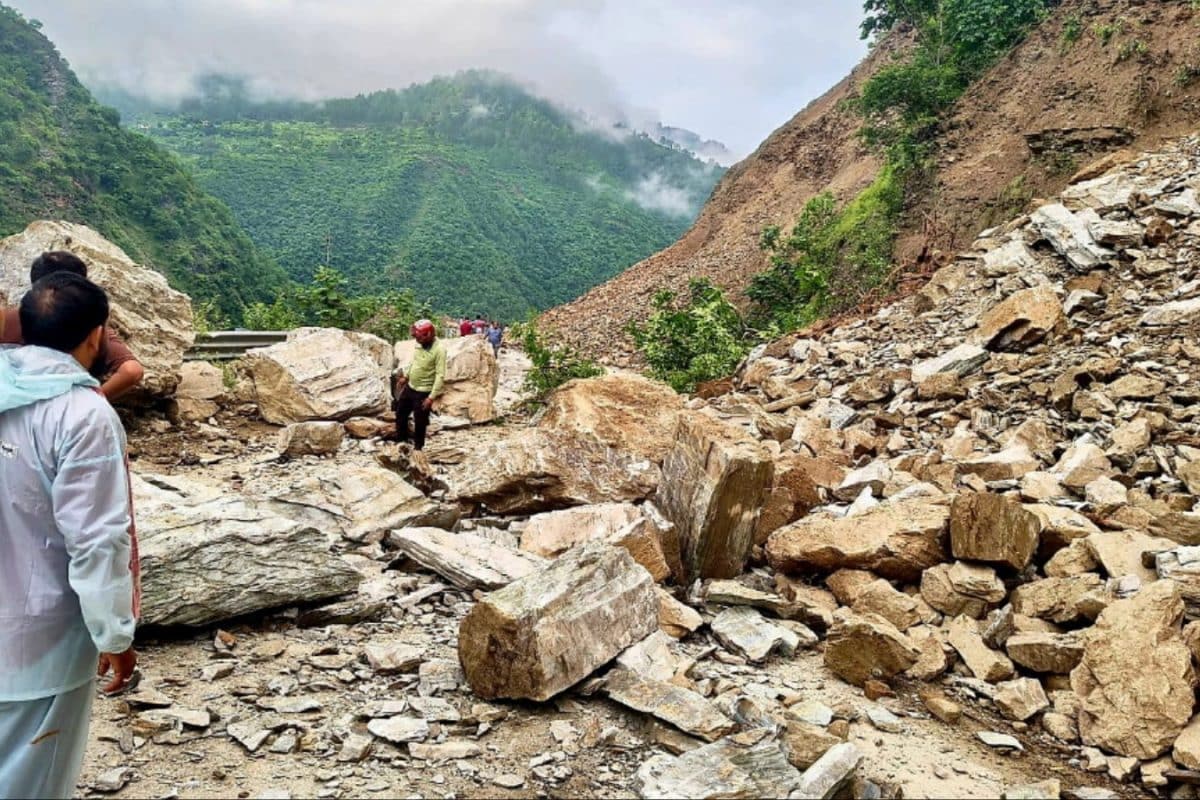Govt Of India, ADB Sign Multi-Million Deal To Promote Tourism In Uttarakhand
National NationalPosted by AI on 2025-09-11 10:09:15 | Last Updated by AI on 2025-09-11 12:59:58
Share: Facebook | Twitter | Whatsapp | Linkedin Visits: 0

The government of India and the Asian Development Bank (ADB) have signed a loan agreement for $126.42 million to promote sustainable and climate-resilient tourism in Uttarakhands Tehri Lake. This is in efforts to boost the post-COVID-19 economic recovery in the state.
Tehri Lake, a man-made reservoir, is a popular tourist destination in the state of Uttarakhand. The loan is designed to assist the state in promoting sustainable and climate-resilient tourism in the lake area. The project will also help safeguard the environment, maintain ecological balance, and conserve biodiversity while promoting sustainable tourism.
This initiative is part of the ongoing efforts of the government to promote eco-friendly tourism in the state, enhance the tourism infrastructure in the region. It is also aimed at attracting more tourists and creating jobs for the local people, in line with the state's development priority.
The project is expected to benefit over 4 million people in the state of Uttarakhand, particularly in the Tehri Garhwal and Pauri Garhwal districts.
The loan is supplemented by a $2 million grant from the Japan Fund for Poverty Reduction to support improving the state tourism department's management capabilities and tourism infrastructure in the area.
"Uttarakhand's natural resources and scenic beauty are key attractions for tourists. This project will help the state develop eco-friendly and sustainable tourism services and infrastructure to deliver more inclusive and resilient economic growth," said M. Teresa Kho, ADB's country director for India.
The project is expected to be completed by 2026.
Conclusion:
The initiative between the Govt of India and the ADB to invest in sustainable and climate-resilient tourism in Uttarakhand's Tehri Lake is a positive step towards eco-friendly and sustainable tourism in the state. With an influx of funding and the improvement of tourism infrastructure, it is expected that the region will attract more tourists, create jobs, and promote inclusive and resilient economic growth. By harnessing the state's natural beauty, the project is expected to benefit the local community and economy, while preserving the ecological balance and biodiversity of the region.
Search
Categories
Recent News
- MotoGP & FIM Suspend MotoE Series After End Of 2025 Season
- Epstein saga: UK PM Keir Starmer sacks Peter Mandelson as US ambassador
- BoB Essential Commodities Index shows deflation, but are gains sustainable?
- Amazon Now launches in Mumbai, ready to battle quick delivery startups
- Chandrababu Naidu prioritises water security with Uttarandhra, Srisailam projects
- Composer Ilaiyaraaja Gifts Goddess Mookambika Temple a Rs 4 Crore Diamond Crown
- The Magic Number: Why Your CIBIL Score Should Be Above 700
- Indian Stock Exchange Updates: Sensex Gaining 123 Points, Nifty at 25,005; Oil & Gas, Bank Shares Shining